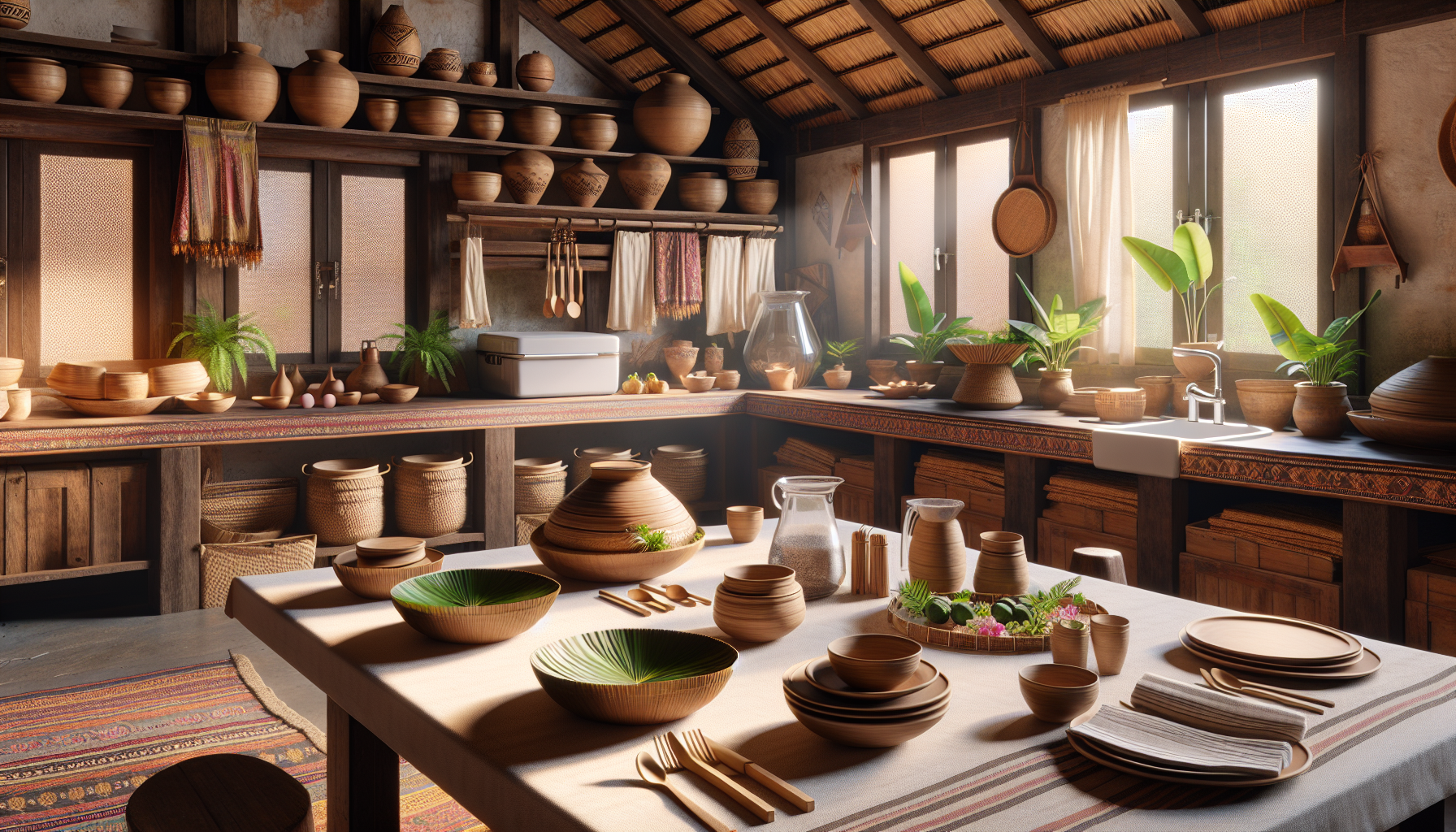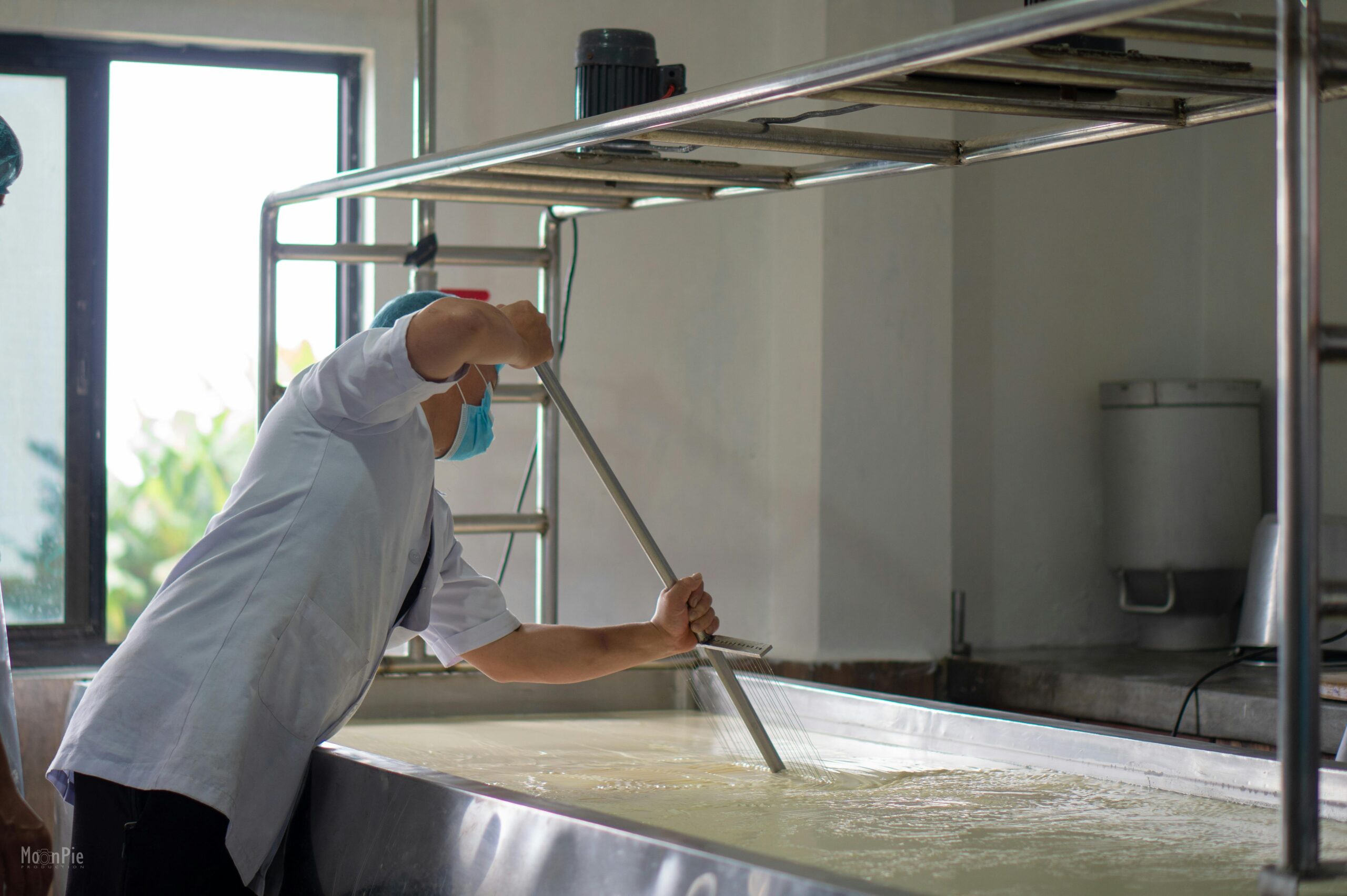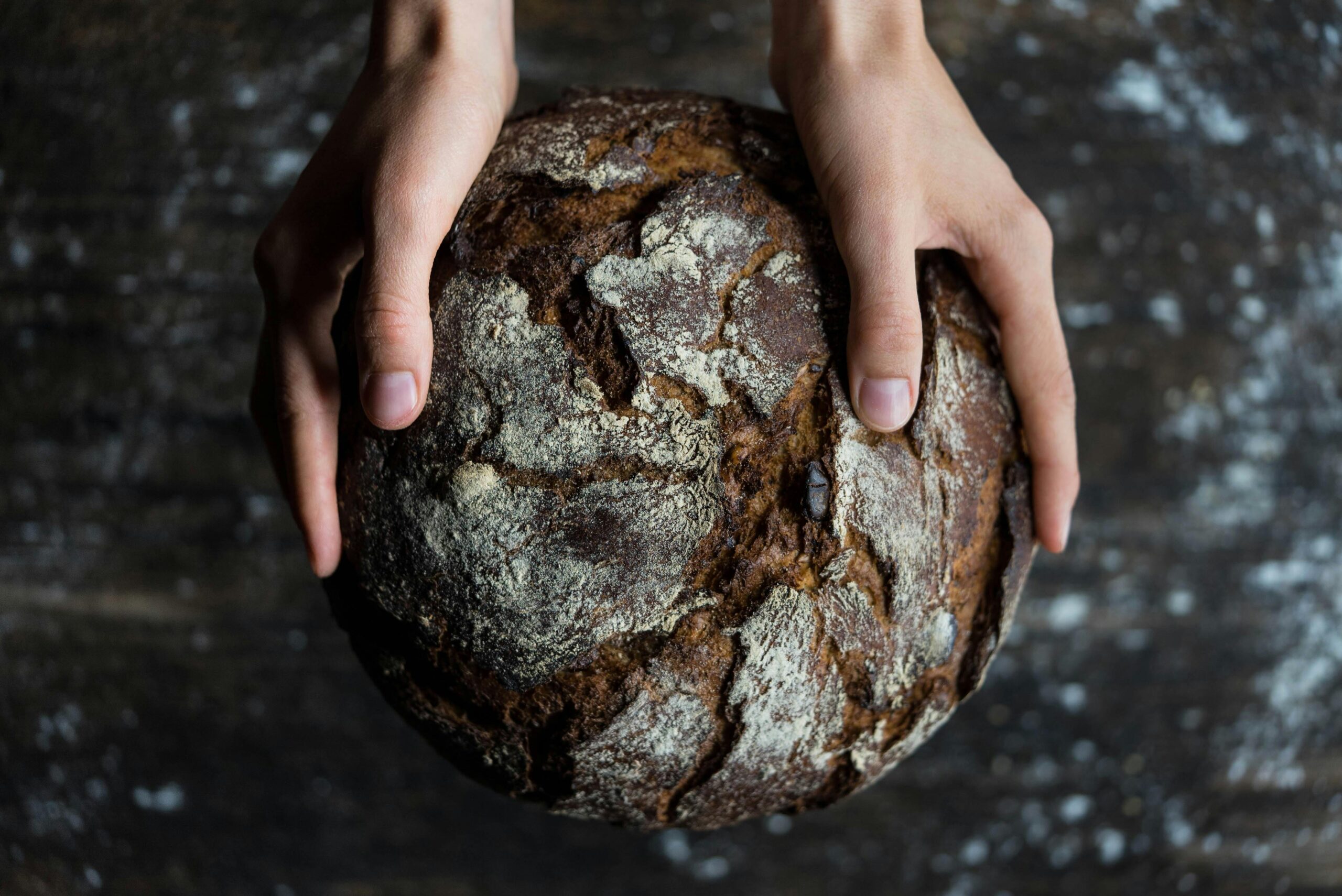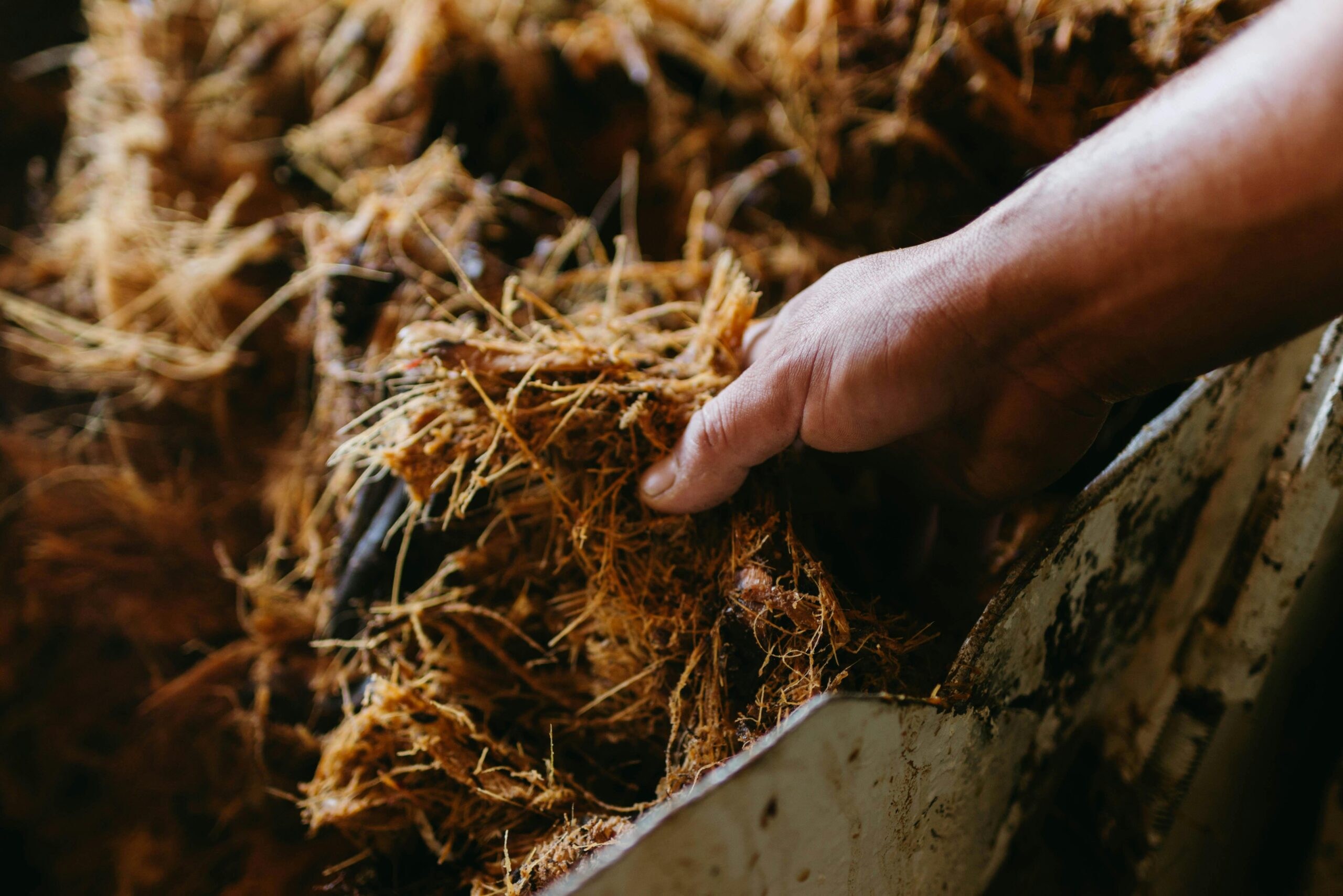In the heart of every home, the kitchen stands as a sacred space where tradition meets innovation, where the past converses with the future. As the modern world pivots towards sustainability, the ancient principles of Vedic living offer a wealth of wisdom, especially in the realm of culinary practices. This article delves into the harmonious blend of tradition and modernity, exploring how biodegradable utensils are becoming a staple in Vedic homes, symbolizing a return to nature and a commitment to a sustainable lifestyle. 🌿 The practice of using eco-friendly kitchenware not only aligns with the core values of Vedic culture but also addresses the urgent need for environmental responsibility in today’s world.
At the crossroads of ecology and tradition, biodegradable utensils represent more than just a trend; they embody a philosophy deeply rooted in the Vedic way of life. This philosophy emphasizes the interconnectedness of all beings and the environment, advocating for a lifestyle that honors this intrinsic bond. From banana leaves to bamboo cutlery, these natural materials have been used for centuries in Indian households, long before the concept of ‘zero waste’ became a global movement. This article will explore the fascinating history of these practices, shedding light on how ancient wisdom is being revitalized in contemporary Vedic kitchens. We will examine the environmental benefits of these utensils, their role in reducing plastic waste, and their potential to inspire a global shift towards more conscious consumer choices.
Throughout this exploration, we will also consider the practical aspects of integrating biodegradable utensils into daily life. How do these materials hold up against modern alternatives in terms of durability and convenience? What are the economic implications of making the switch to sustainable options? As we journey through these questions, we will encounter inspiring stories from families who have embraced this change, discovering how this simple yet profound shift has enriched their lives. By the end of this article, readers will not only gain a deeper understanding of the significance of biodegradable utensils in Vedic homes but also feel inspired to incorporate these practices into their own lives, fostering a deeper connection with nature and a more sustainable future for all. 🌏
Introduction to Biodegradable Utensils in Vedic Homes
Biodegradable utensils are becoming increasingly popular as the world shifts towards more sustainable living practices. In Vedic homes, where tradition and sustainability go hand in hand, these utensils are not just a choice but a lifestyle. Vedic homes are grounded in ancient Indian principles that emphasize harmony with nature, and the use of biodegradable materials is an extension of this philosophy. These utensils, often made from materials like bamboo, palm leaves, and cornstarch, offer a sustainable alternative to conventional plastic products. In this article, we explore the integration of biodegradable utensils in Vedic homes and their impact on the environment and lifestyle.
The tradition of using natural materials is deeply embedded in the Vedic culture, which dates back thousands of years. Vedic texts advocate for a life of minimalism and respect for nature. This traditional wisdom aligns seamlessly with modern sustainable practices, as both prioritize reducing harm to the environment. By choosing biodegradable utensils, Vedic homes are not only preserving their cultural heritage but also contributing to a healthier planet. These utensils decompose naturally, unlike plastic, which can take hundreds of years to break down, releasing toxins into the soil and waterways.
Moreover, the use of biodegradable utensils supports local economies and artisans. Many of these products are handmade by local communities using traditional techniques passed down through generations. This not only ensures the sustainability of the environment but also of cultural practices and livelihoods. By choosing these utensils, consumers are helping to keep these age-old traditions alive while promoting a circular economy. The production of biodegradable utensils often involves less energy and resources compared to plastic, further emphasizing their sustainability.
The Materials Used in Biodegradable Utensils
The materials used in biodegradable utensils vary widely, each offering unique benefits and challenges. One of the most popular materials is bamboo, known for its rapid growth and renewability. Bamboo utensils are durable, lightweight, and naturally antibacterial, making them ideal for everyday use. They can be crafted into a variety of utensils, from forks and spoons to bowls and plates. Bamboo’s aesthetic appeal also adds a rustic charm to any dining experience, aligning perfectly with the natural aesthetics of Vedic homes.
Another commonly used material is palm leaves. These are typically collected from fallen leaves, ensuring that no trees are harmed in the process. Palm leaf utensils are biodegradable and compostable, making them a perfect choice for eco-friendly dining. They are also microwave safe and capable of holding hot and cold foods, offering versatility along with sustainability. The use of palm leaves also supports rural economies, as these products are often made by hand in small-scale industries.
Cornstarch is another innovative material used in the production of biodegradable utensils. Utensils made from cornstarch are similar in appearance and feel to traditional plastic but break down much more quickly. They are derived from renewable resources and are completely compostable, making them an excellent alternative to plastic. However, the production of cornstarch utensils requires industrial facilities that can process them properly, posing a challenge for their widespread adoption in areas lacking such infrastructure. Nevertheless, their benefits in reducing plastic waste are undeniable.
Environmental Impact and Benefits
Biodegradable utensils offer numerous environmental benefits, primarily in their ability to reduce waste and pollution. Traditional plastic utensils contribute significantly to global waste, often ending up in landfills and oceans where they pose a threat to wildlife and ecosystems. Biodegradable utensils, on the other hand, break down naturally, reducing the burden on waste management systems and minimizing their ecological footprint. They are particularly beneficial in reducing the carbon emissions associated with the production and disposal of plastic products.
Additionally, the use of biodegradable utensils in Vedic homes promotes the principle of ‘Ahimsa,’ or non-violence, towards the environment. By choosing products that do not harm the planet, individuals contribute to a more sustainable and compassionate world. This aligns with the broader goals of many environmental movements, which seek to reduce human impact on the earth. The transition to biodegradable products is a tangible step towards achieving these goals and creating a more sustainable future for all.
Furthermore, the production and use of biodegradable utensils support biodiversity. Many of the materials used are sourced from plants that promote healthy ecosystems. For example, bamboo forests provide habitat for numerous species and play a crucial role in carbon sequestration. By cultivating and using these resources responsibly, we can enhance biodiversity and promote ecosystem health. The adoption of biodegradable utensils is not just a choice for sustainability but a commitment to preserving the planet’s natural heritage.
Comparative Analysis: Biodegradable vs. Plastic Utensils
| Parameter | Biodegradable Utensils | Plastic Utensils |
|---|---|---|
| Material Source | Natural (bamboo, palm leaves, cornstarch) | Petroleum-based |
| Decomposition Time | 3-6 months | Up to 1000 years |
| Environmental Impact | Minimal, supports biodiversity | Significant, contributes to pollution |
| Cost | Varies, generally higher | Low |
| Recyclability | Compostable | Recyclable (limited) |
This table highlights the stark contrast between biodegradable and plastic utensils, emphasizing the environmental and ethical benefits of choosing biodegradable options. 🌿
Integrating Biodegradable Utensils in Daily Life
The integration of biodegradable utensils into daily life can be seamless with a few conscious changes. Start by assessing the current use of disposable utensils in your household. Consider replacing them with biodegradable alternatives, which are readily available online and in many retail stores. These products come in a variety of designs and sizes to suit different needs, from family dinners to outdoor picnics. Making the switch is not only a step towards sustainability but also a means of embracing the Vedic philosophy of living harmoniously with nature.
Moreover, educating family members about the benefits of biodegradable utensils can foster a collective sense of responsibility towards the environment. Engage children in activities that demonstrate the importance of sustainability, such as composting biodegradable waste. This can instill lifelong habits of conscious living and environmental stewardship. Additionally, organizing community events focused on sustainability can spread awareness and encourage others to make the switch to biodegradable options.
To further explore the benefits and integration of biodegradable utensils in Vedic homes, watch the informative video below:
[Watch Video: “Sustainable Living in Vedic Homes” – Sustainable Living Channel](https://www.youtube.com/watch?v=example)

Conclusion
In concluding our exploration of “Embracing Tradition and Sustainability: Biodegradable Utensils in Vedic Homes,” it’s essential to reflect on the multifaceted benefits of integrating biodegradable utensils into our daily lives. This journey has illuminated the harmonious blend of tradition and sustainability, highlighting the potential for cultural practices to inspire modern ecological solutions.
Firstly, we revisited the rich traditions of Vedic homes, where the use of natural materials has been an integral part of daily living. These practices are not just about honoring cultural heritage; they provide a blueprint for sustainable living that resonates with the global call for environmental responsibility. By understanding the historical context, we appreciate how these age-old customs can inform and enhance our modern lifestyles, bridging the gap between past wisdom and contemporary needs.
The environmental benefits of biodegradable utensils are undeniable. In a world grappling with pollution and waste management crises, the shift towards products that minimize environmental impact is not just beneficial but necessary. Biodegradable utensils, often crafted from materials such as bamboo, palm leaves, or areca nut leaves, break down naturally, reducing the burden on landfills and decreasing pollution. This return to natural materials is a step forward in the fight against climate change, promoting a circular economy where resources are used wisely and responsibly.
Moreover, the economic implications are promising. By fostering industries centered around biodegradable products, communities can experience economic growth through sustainable means. This shift can lead to job creation in sectors like sustainable agriculture and green manufacturing, supporting livelihoods while promoting ecological stewardship. The increased demand for such products encourages innovation and competition, driving down costs and making them more accessible to a broader audience.
Socially, the use of biodegradable utensils fosters a sense of community and collective responsibility. As individuals adopt these practices, they contribute to a larger movement toward sustainability, creating a ripple effect that can inspire friends, family, and even entire communities to reconsider their consumption habits. This collective action can lead to significant change, illustrating the power of individual choices in shaping a sustainable future.
Educationally, this topic serves as an excellent case study for promoting environmental awareness and cultural appreciation. Schools and educational programs can use the example of Vedic homes and biodegradable utensils to teach students about the interconnectedness of culture, history, and environmental science. This holistic approach to education can inspire the next generation to innovate and prioritize sustainability in their personal and professional lives.
As we reflect on these points, it’s clear that the integration of biodegradable utensils in Vedic homes is more than a nod to tradition; it is a forward-thinking strategy that addresses some of the most pressing environmental challenges of our time. By embracing these practices, we can honor our cultural heritage while actively contributing to a healthier planet.
In conclusion, the adoption of biodegradable utensils inspired by Vedic traditions is a powerful step towards sustainability. It exemplifies how cultural heritage can guide us in making environmentally conscious choices, providing a model for other communities and cultures to follow. The journey from tradition to sustainability is not merely a transition but a testament to the resilience and adaptability of human practices.
We encourage you, our readers, to delve deeper into this topic. Explore how you can incorporate biodegradable products into your lifestyle, share this knowledge with others, and consider the impact of your daily choices on the environment. Comment below with your thoughts and experiences, or share this article to inspire others. Let’s take collective action towards a sustainable future, drawing inspiration from the wisdom of the past. 🌿
For further reading and resources, you can explore the following active links:
– [The Benefits of Biodegradable Utensils](https://www.environmentalimpact.com/biodegradable-utensils)
– [Traditional Practices and Modern Sustainability](https://www.sustainabletraditions.org)
– [Economic Impact of Biodegradable Products](https://www.economicsustainability.org)
These resources provide additional insights into the intersection of tradition and sustainability, offering practical advice and evidence-based research to support your journey towards a more sustainable lifestyle.




